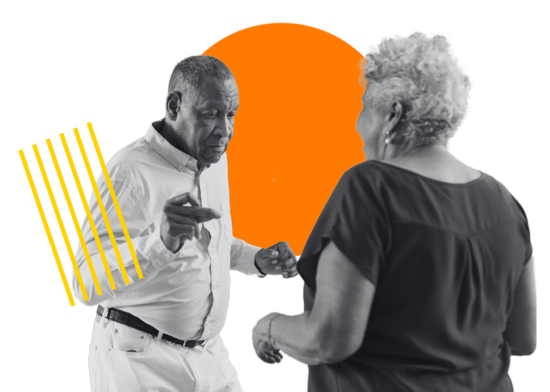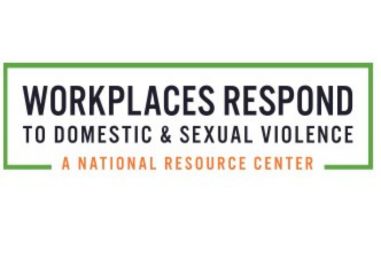Donate
Older Adults

Older Adults
The World Health Organization estimates that 1 in 6 older people have experienced some form of violence.
Age stereotypes play a key role in perpetuating abuse of older adults, as well as in hindering their access to appropriate care and support. Negative stereotypes and bias can lead to harmful consequences, including violence against and abuse and neglect of older people. Ageist attitudes contribute to structural ageism, which shapes legislation, policies, and practice.
The result? Fewer older survivors access domestic violence services. We can change that.
Our elder abuse work at FUTURES focuses on adults aged 50 and above because we know this is the point at which fewer older survivors access domestic violence services. This is also the point when survivors over 50 do seek help, they are often either not believed or dismissed.
FUTURES created Strategies to Advance Greater Elder Safety (STAGES), a project to foster collaboration across disciplines to address abuse in later life. We meet with stakeholders, community partners, and experts with touchpoints to older adult survivors across different systems — including advocacy, social services, and the justice system. All want to support older adults, who want options beyond what is currently available to them.
STAGES will continue to work with communities around the U.S. to help support prevention and restorative options for older survivors of abuse and exploitation. Our goal is to change ageist attitudes in every community so that older people are seen as valued members of our communities deserving of dignity, structural supports, services, and healthy violence-free lives.
GALVANIZING A MOVEMENT!






